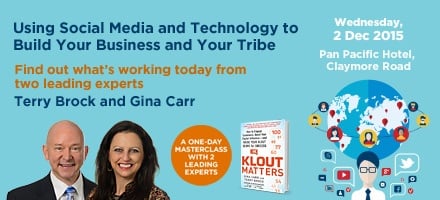Shirley Taylor is a popular keynote speaker and communication skills trainer. She delivers motivational and success keynotes like ‘Rock Your Role In Our High-Tech World’ and ‘Grow Your Business By Connecting Your Dots’. She is author of 12 books, including Model Business Letters, Emails and Other Business Documents seventh edition, which has been translated into 16 languages and sold over half a million copies worldwide.
Shirley is a high-energy and high-content speaker who engages with audiences quickly, and shows them how the strategies she teaches can easily be applied both personally and in the workplace. Her aim is to educate, inspire, inform and motivate individuals and teams to make a difference in the workplace and to communicate and lead with heart. Shirley was President of Asia Professional Speakers Singapore, and currently serves as 2017-18 President of the Global Speakers Federation.
Check out Shirley's popular signature business writing programme.







